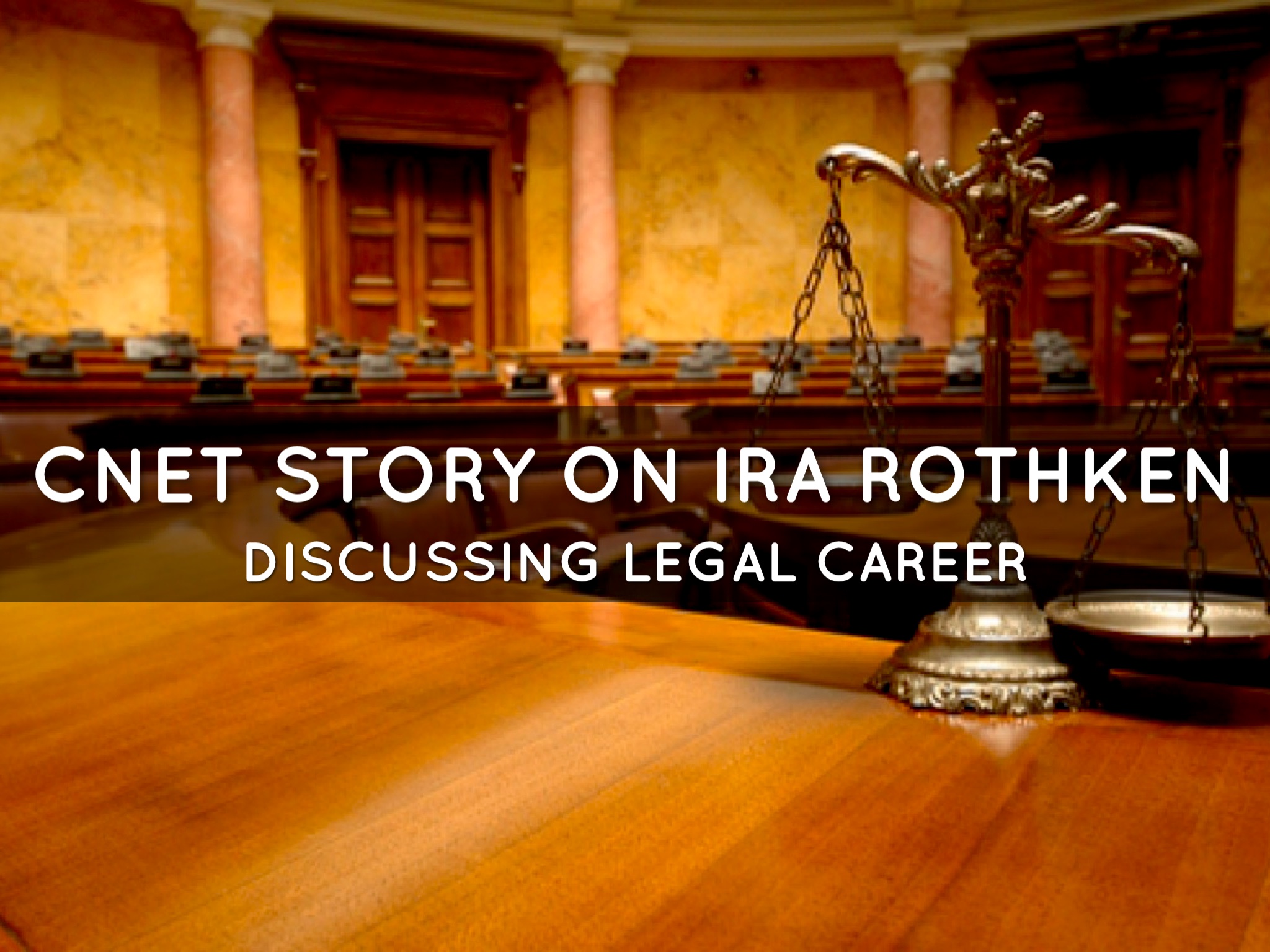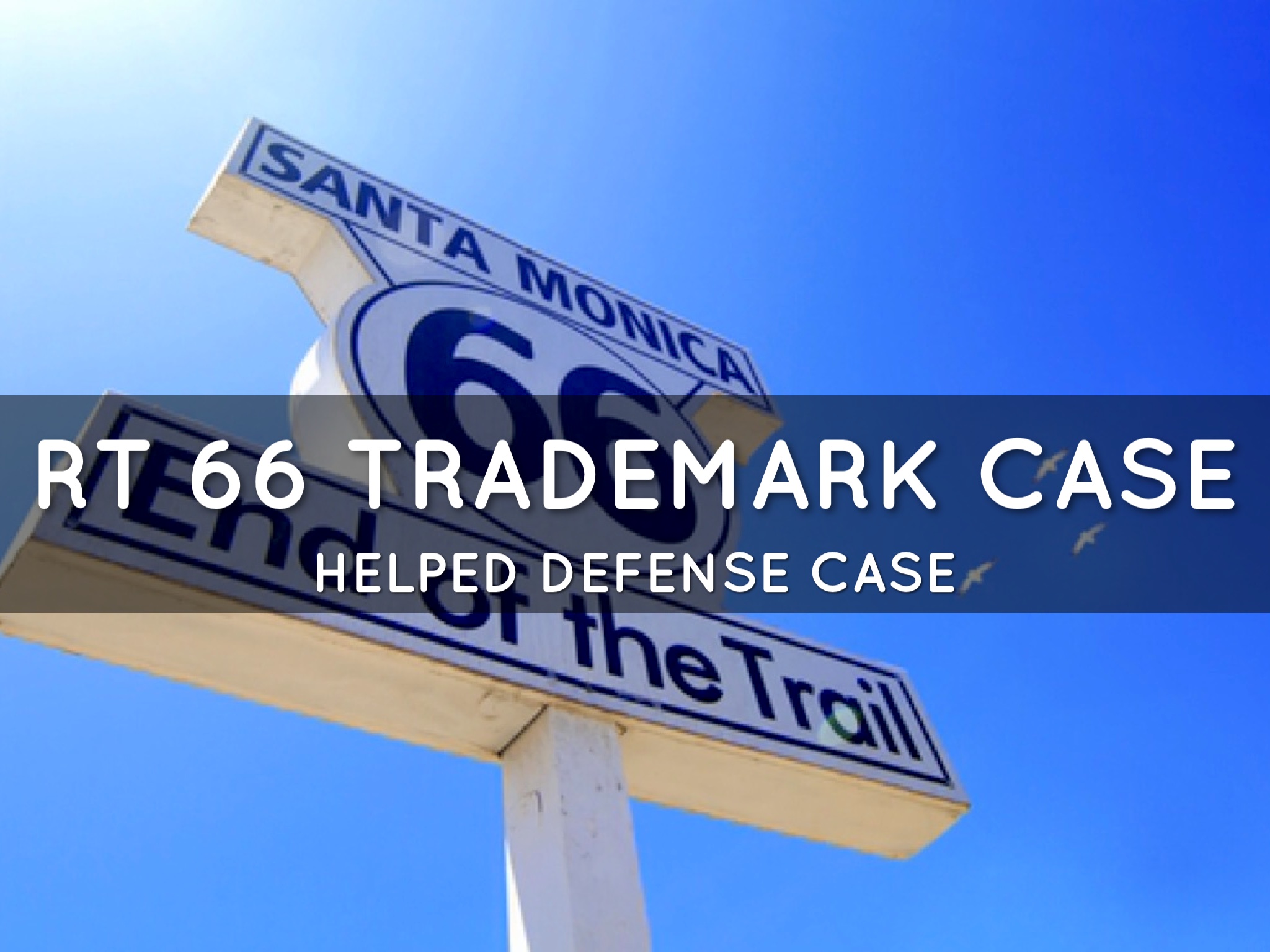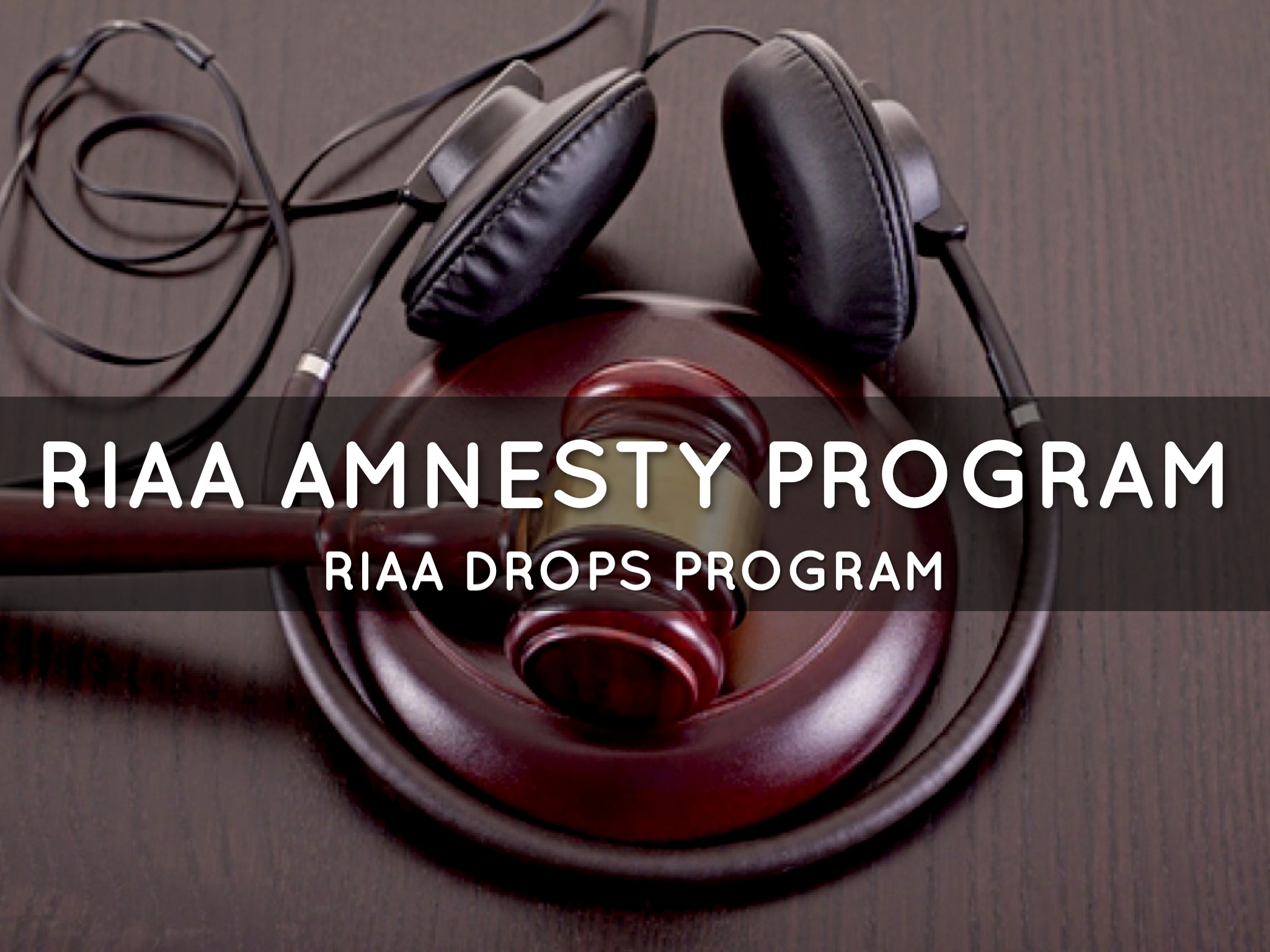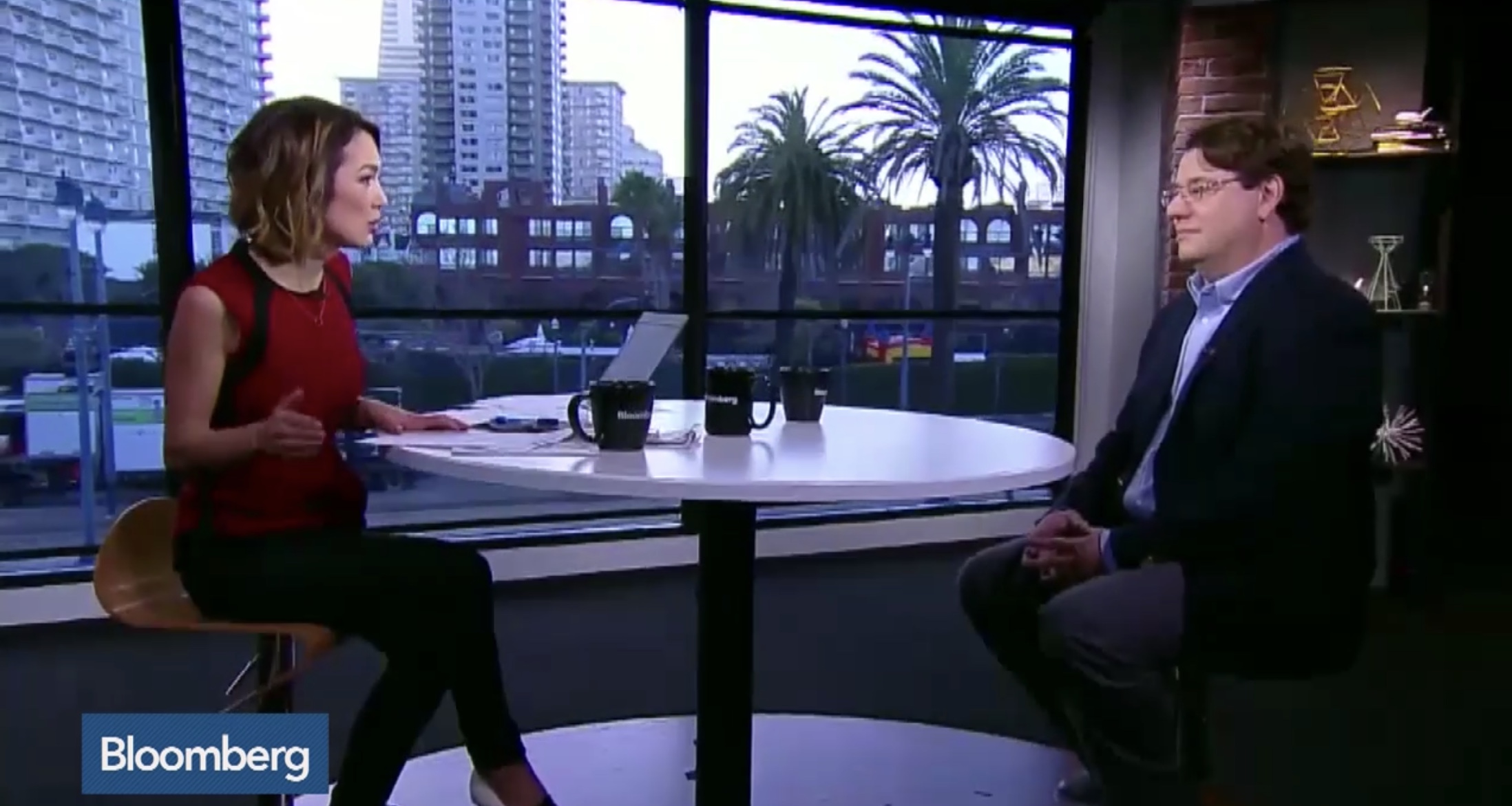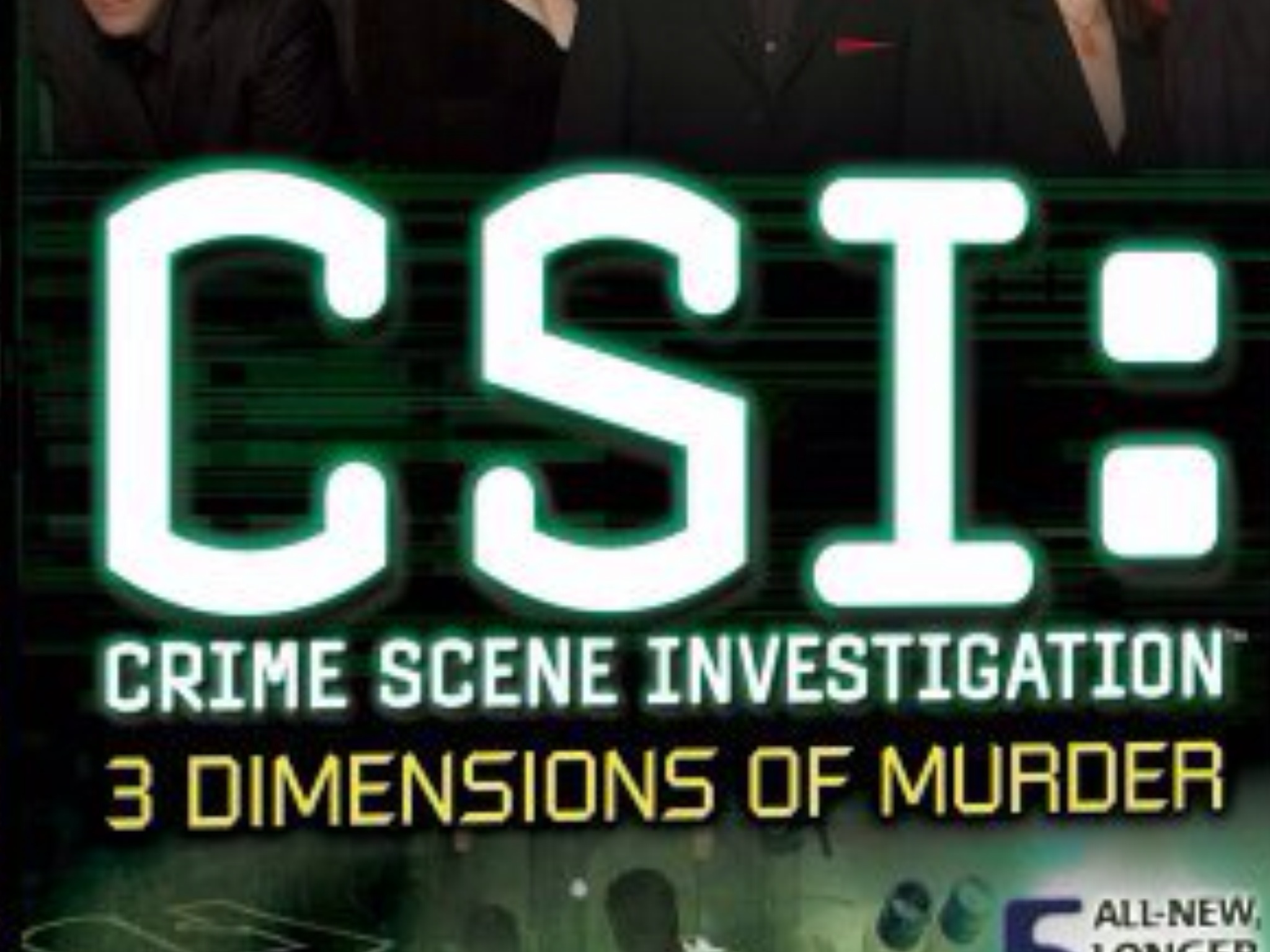Kim Dotcom and others filed a reply brief today in the United States Supreme Court in support of their Petition for Review of the Fugitive Disentitlement related Judgment.
Here is an excerpt of the reply brief below the full brief can be found here.
INTRODUCTION
While opposing review, the Government barely engages the circuit splits and constitutional concerns Petitioners identify. If ever the views of the United States should be discounted, it is in the context of civil forfeiture and fugitive disentitlement. Here, the United States has a vested financial stake in forestalling review and preserving the prevailing regime. See Brief of Amici Curiae Institute for Justice, et al. (“IJ Br.”), at 4–5, 7–15. The Government today is relatively unconstrained in pursuing forfeiture of assets abroad, and circuits are in disarray as to the bounds of fugitive disentitlement. This Court should clarify the jurisdictional, procedural and substantive parameters governing civil forfeiture.
The First Question Presented implicates essential jurisdictional limits. The circuits disagree about those limits, with the Second Circuit standing apart in applying “traditional” rules demanding control of property to constrain all in rem proceedings, notwithstanding 28 U.S.C. § 1355. That foreign courts have yet to enforce the forfeiture order and have expressed doubts about ever enforcing it (Petition for a Writ of Certiorari (“Pet.”) 18–19) heightens concern that it is an unconstitutional advisory opinion.
As to the Second Question Presented, the procedures governing fugitive disentitlement have occasioned sharp splits. Although the Government now doubts preservation (Brief for the United States in Opposition (“Opp.”) 26), it had no such doubt below, pointedly engaging the issue and citing its side of the on-point circuit split. See Supplemental Appendix (“Supp.”) 5a–8a. When the Fourth Circuit opted to review factual findings derived at the pleading stage only for “clear error” (36a), it joined those circuits holding that disentitlement and related factual disputes may be decided on pleadings alone. The D.C. Circuit and Sixth Circuit diverge, however, insisting that resolution of disputed facts await summary judgment, at which point non- movants still deserve all reasonable inferences.
Finally, the Third Question Presented has further fractured the circuits. While favoring the Second and Fourth Circuit’s “specific intent” standard for fugitive status, the Government blinks reality when denying that the D.C., Fifth, Sixth, and Ninth Circuits substantively differ. Lest there be any doubt, the Second Circuit (which the Fourth followed) has “respectfully disagree[d]” with the D.C. Circuit (as later followed by the Sixth). United States v. Technodyne LLC, 753 F.3d 368, 371, 384–85 (2d Cir. 2014).
Any principled view of fugitive disentitlement has been abandoned in this case. Cf. Degen v. United States, 517 U.S. 820, 828 (1996) (noting due-process question); Niemi v. Lasshofer, 728 F.3d 1252, 1255– 57 (10th Cir. 2013) (Gorsuch, J.) (expressing qualms); IJ Br. 20–26. Far from being directed towards persons who have fled or avoided our country while claiming assets in it, fugitive disentitlement is being used offensively to strip foreigners of their assets abroad. Contrary to the Fourth Circuit’s view, the mere fact that a defendant simultaneously contests extradition and forfeiture of his foreign assets should not suffice to disentitle him as a “fugitive.”
These Questions Presented build upon those the Court recently answered to invalidate criminal imposition of fines against innocent persons and forfeiture of untainted property. See Nelson v. Colorado, 137 S. Ct. 1249 (2017); Honeycutt v. United States, 137 S. Ct. ---- (2017). Absent review, forfeiture of tens of millions of dollars will be a fait accompli without the merits being reached. This is especially disconcerting because the Government’s criminal case is so dubious. When the Government characterizes Petitioners as “designing and profiting from a system that facilitated wide-scale copyright infringement,” (Opp. 5), it continues to paint a portrait of secondary copyright infringement, which is not a crime. See Pet. 5 & n.3. If this stands, the Government can weaponize fugitive disentitlement in order to claim assets abroad.
It is time for the Court to speak to the Questions Presented. Over the past two decades it has never had a better vehicle to do so, nor is any such vehicle elsewhere in sight.
 Wednesday, March 28, 2018 at 10:07AM
Wednesday, March 28, 2018 at 10:07AM  Admin | Comments Off |
Admin | Comments Off | 





